
Find Help
More Items From Ergsy search
-

What are the potential long-term impacts of housing benefit cuts?
Relevance: 100%
-
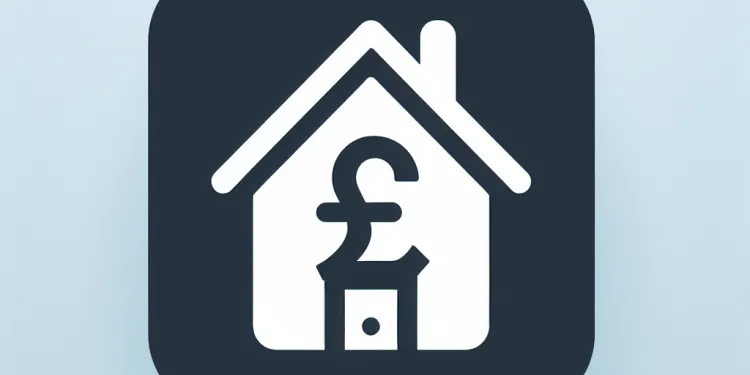
Who will be most affected by the proposed cuts to housing benefits?
Relevance: 75%
-
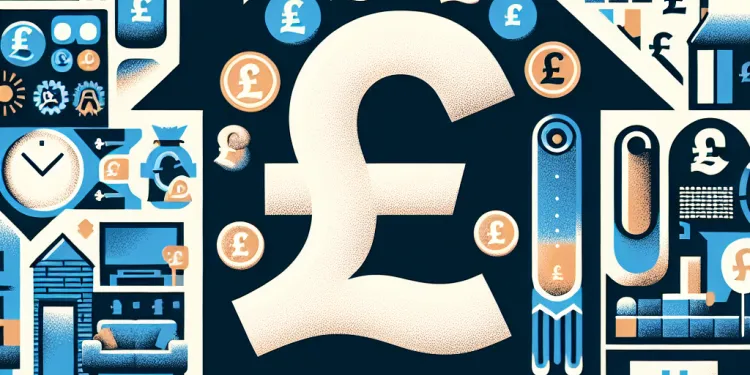
What is the main reason for the proposed cuts to housing benefits?
Relevance: 73%
-

What are the proposed Cuts to Housing Benefits Amid Rising Rents?
Relevance: 72%
-

What is the relationship between rising rents and housing benefit cuts?
Relevance: 70%
-

How can individuals contribute to the discussion on housing benefit cuts?
Relevance: 68%
-
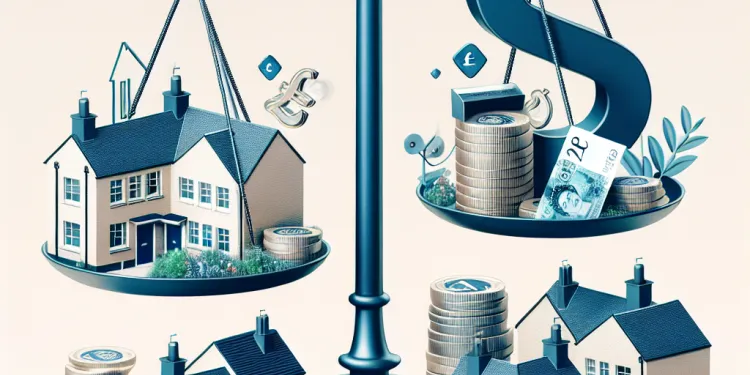
Is there a plan to offer additional support to offset housing benefit cuts?
Relevance: 68%
-
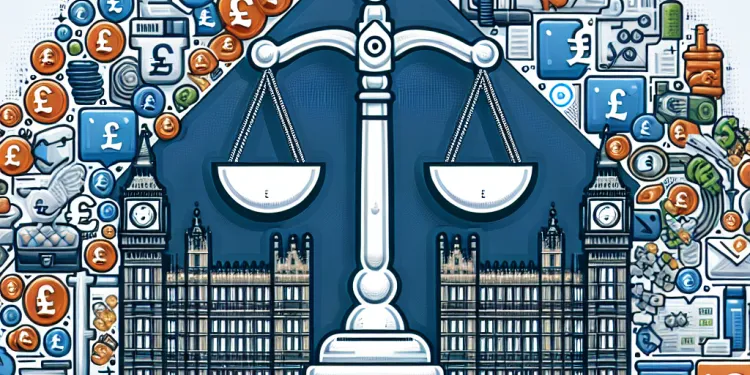
Is there any legal recourse for those affected by the housing benefit cuts?
Relevance: 67%
-
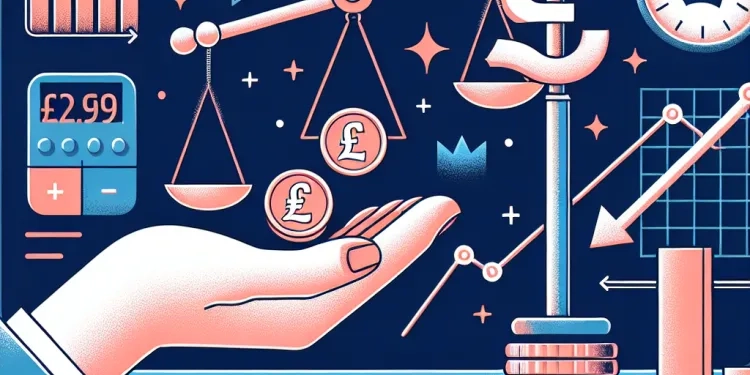
Proposed Welfare Cuts and Their Impact on Vulnerable Populations
Relevance: 60%
-
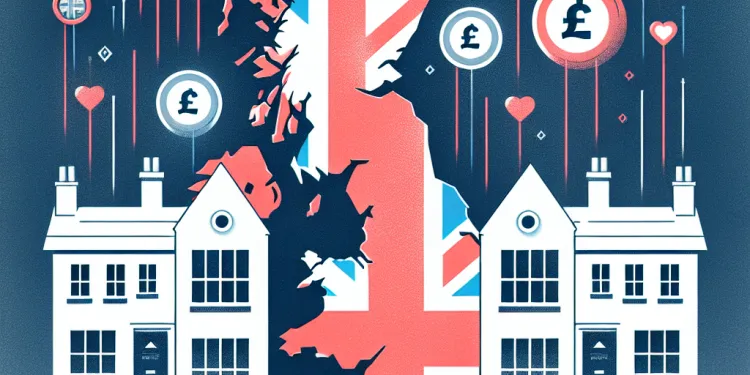
How will the cuts impact landlords?
Relevance: 56%
-
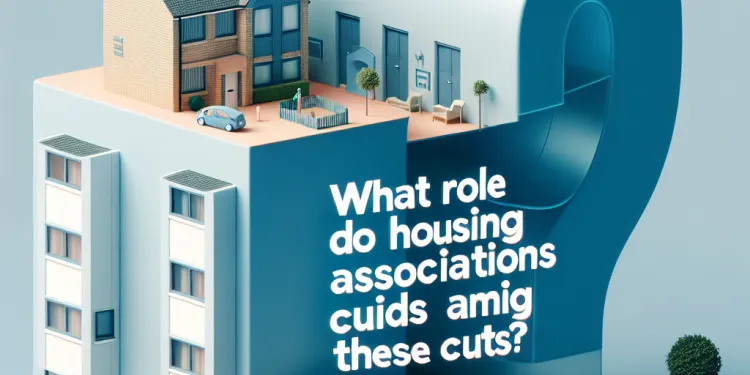
What role do housing associations have amid these cuts?
Relevance: 55%
-
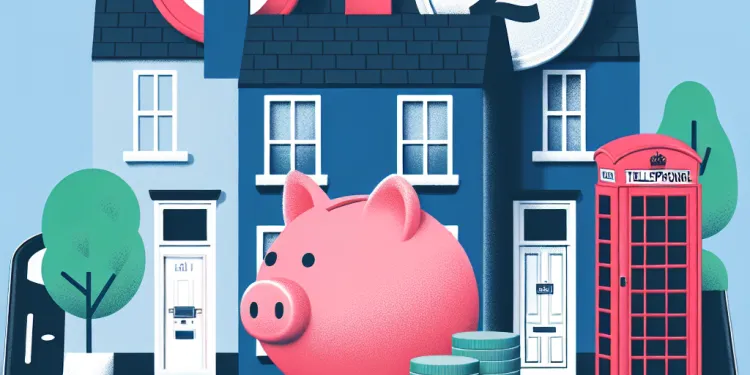
How will the proposed cuts impact tenants?
Relevance: 47%
-
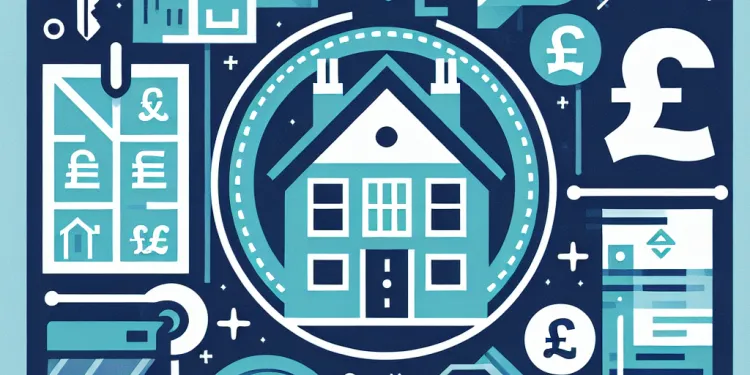
What measures are suggested to substitute the housing benefits?
Relevance: 44%
-
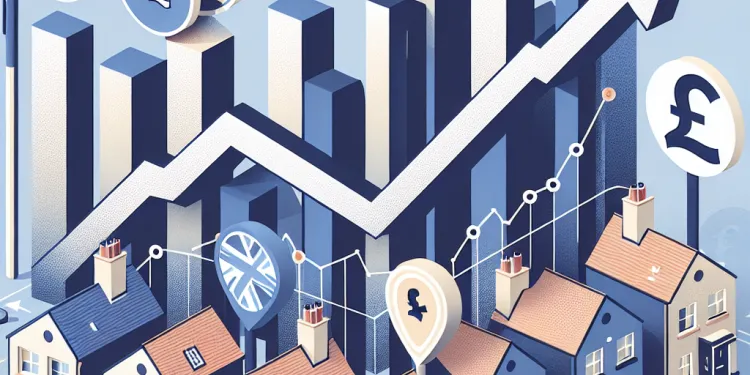
How does inflation affect the situation with housing benefits and rents?
Relevance: 43%
-

Impact of UK Housing Crisis on Local Communities
Relevance: 43%
-
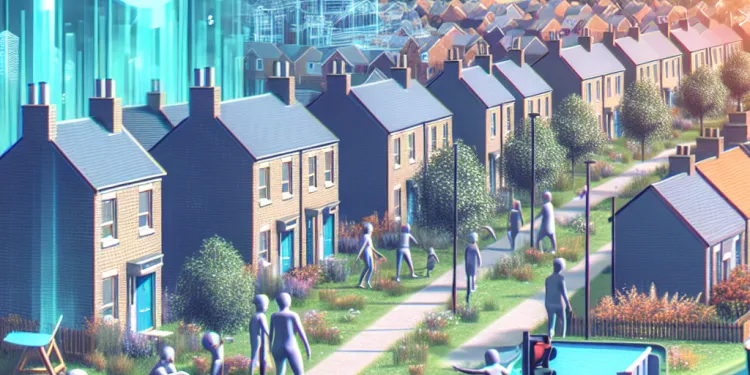
Impact of Housing Shortage on Local Communities
Relevance: 43%
-
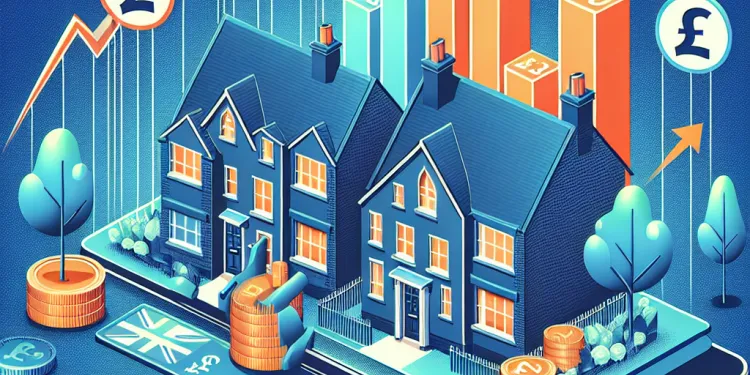
What can tenants do if they are affected by the cuts?
Relevance: 42%
-

Are there any groups exempt from the proposed cuts?
Relevance: 39%
-

How do the reforms affect housing benefit tenants?
Relevance: 36%
-

What advocacy efforts are being undertaken to resist the cuts?
Relevance: 35%
-
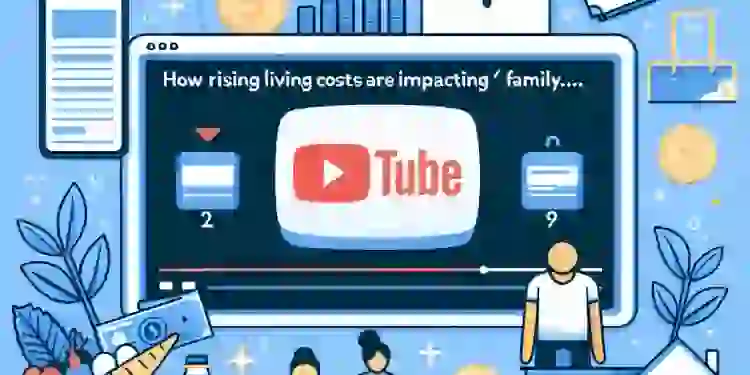
How Rising Living Costs Are Impacting Family Wellbeing
Relevance: 35%
-

When are the proposed cuts expected to take effect?
Relevance: 34%
-

Understanding the Impact of Rising Living Costs on Family Welfare
Relevance: 34%
-

Why is there a call for public consultation regarding the cuts?
Relevance: 34%
-

Why is the UK cutting funding to AIDS, Tuberculosis, and Malaria research?
Relevance: 33%
-

Is there an impact on short-term rentals?
Relevance: 33%
-

House Prices Soar: First-Time Buyers Share Their Stories
Relevance: 33%
-
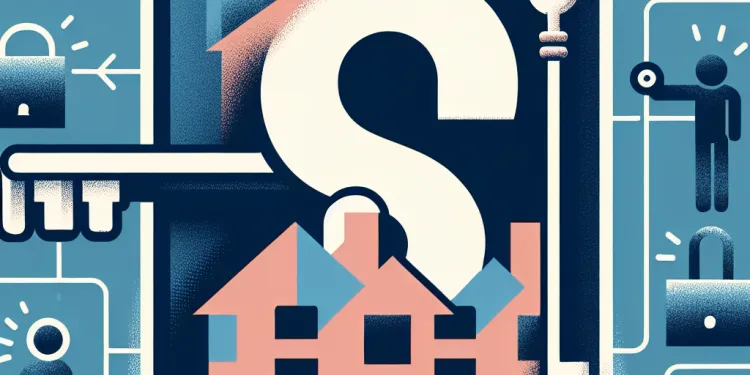
How have housing benefit recipients reacted to the proposed changes?
Relevance: 33%
-
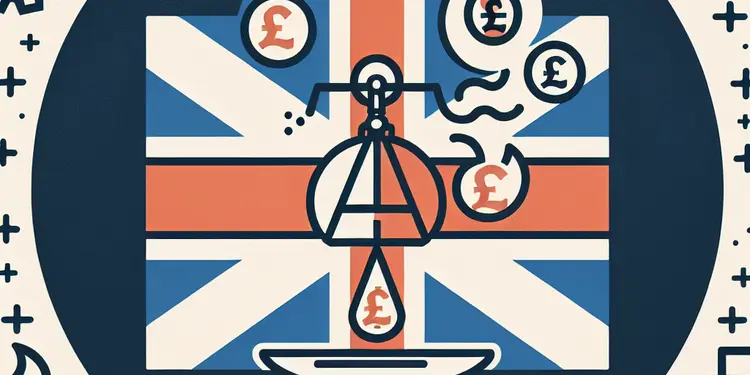
Legal Aid Cuts: Campaigners Warn of Access to Justice Crisis
Relevance: 32%
-

Are there any international examples being considered in handling housing benefit issues?
Relevance: 32%
-
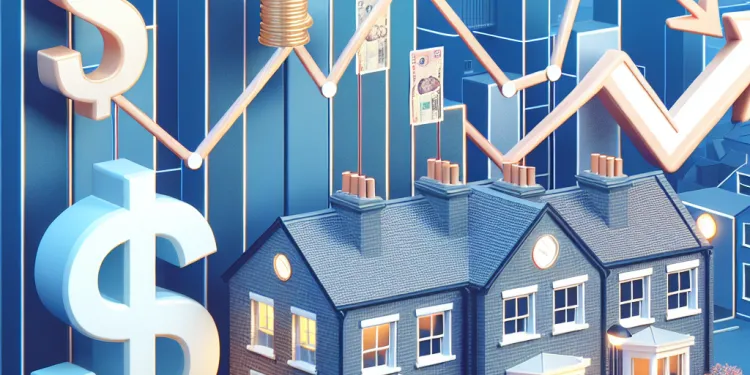
UK House Prices Fall for Third Consecutive Month
Relevance: 32%
-

How do concussions impact long-term health in rugby players?
Relevance: 31%
-

What incentives are provided for sustainable housing?
Relevance: 31%
-

Impact of Rising Living Costs on Family Health
Relevance: 30%
-

Addressing the Housing Crisis: Current Challenges and Solutions
Relevance: 29%
-

Are there any long-term effects of using Ozempic?
Relevance: 29%
-

How do I find alternative housing quickly if evicted?
Relevance: 29%
-
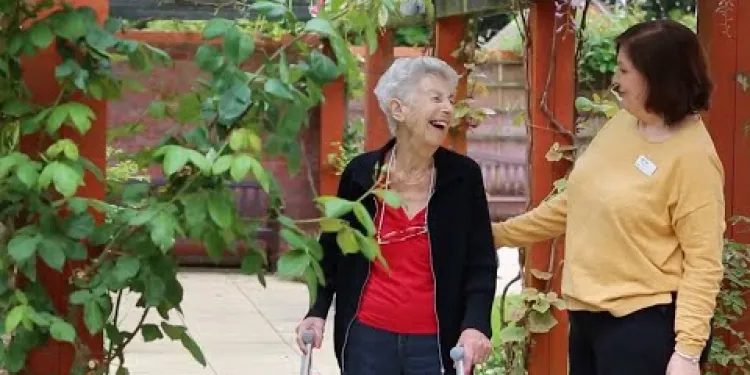
Amberwood House (Colten Care)
Relevance: 28%
-
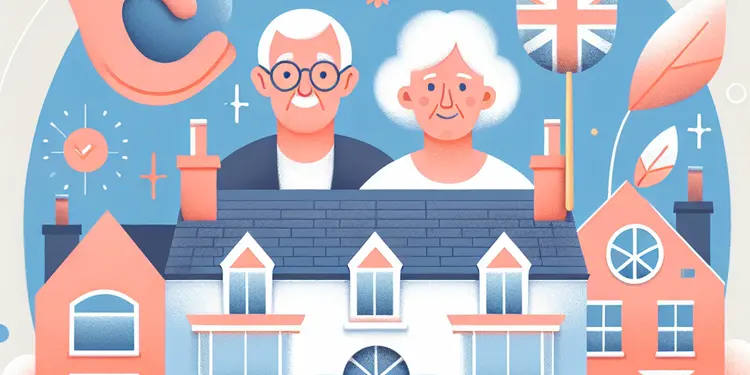
What housing assistance options are available for seniors?
Relevance: 28%
-

How does the reform impact renting costs?
Relevance: 28%
Introduction
The issue of housing benefit cuts has been a significant topic of discussion in the UK, with policymakers and the public weighing the economic benefits against social impacts. Understanding the potential long-term implications of these cuts is crucial for creating effective housing and welfare policies.
Economic Implications
Cuts to housing benefits may lead to immediate cost savings for the government, but the long-term economic consequences could be more complex. Reduced housing assistance may increase poverty levels, as individuals and families struggle to cover housing costs. This could lead to increased demand for homelessness services and additional public spending in other areas, such as healthcare and emergency housing.
Furthermore, with less disposable income, affected households are likely to spend less in local economies, which could lead to a slowdown in economic growth in those areas. The reduced consumer spending could impact businesses, potentially leading to closures and a rise in unemployment rates.
Social and Health Consequences
The social ramifications of housing benefit cuts are significant. As more individuals find it difficult to maintain their housing, the risk of homelessness rises. Homelessness has well-documented links to poor mental and physical health, leading to greater demand on healthcare services and increased public health costs.
Further social effects may include increased stress and anxiety among affected families, leading to a detrimental impact on children’s education and well-being. Educational attainment often suffers when families face housing instability, which can perpetuate cycles of poverty and limit future opportunities for younger generations.
Impact on Housing Markets
The housing market may experience shifts as a result of these benefit changes. A decrease in housing benefit could lead to a higher demand for cheaper housing options, which are already in short supply in many parts of the UK. This could increase competition for affordable housing, driving rents higher and possibly leading to greater housing insecurity.
Additionally, landlords who previously relied on housing benefit payments may choose to exit the rental market or increase rents to offset potential losses, further exacerbating the issue of housing affordability.
Conclusion
While housing benefit cuts might offer short-term financial relief for government budgets, the potential long-term impacts on economic stability, social welfare, and housing markets could be profound. Policymakers must weigh these factors carefully and consider comprehensive strategies that address the root causes of housing insecurity and poverty.
Introduction
Cuts to housing benefits are happening in the UK. This topic is important for people and the government. Understanding these cuts helps make good rules for housing and welfare.
Economic Implications
Cuts to housing benefits might save money for the government at first. But in the long run, people might have less money for housing. This can lead to more poverty and more people needing help. It might also cost the government more money in other areas like healthcare.
Less money for families means they might spend less in local shops. This can hurt local businesses and might cause some to close. If businesses close, more people might lose their jobs.
Social and Health Consequences
Less help with housing can lead to more homelessness. Being homeless can make people feel very stressed and unwell. It can also mean more people need to go to the doctor or hospital.
Families with housing problems might feel worried and stressed. This can affect children’s learning and happiness at school. If children don’t do well in school because of these problems, they might have fewer chances later in life.
Impact on Housing Markets
Changes to housing benefits can affect the housing market. More people might look for cheaper homes, but there are not enough of these homes. This can make rent prices go up. It can also make it harder to find a home.
Landlords might decide to stop renting their homes or make rent higher if they get less money from housing benefits. This can make finding an affordable home even more difficult.
Conclusion
Cuts to housing benefits may help save money for the government now. But they can cause big problems later with money, social life, and housing. The people in charge should think about these problems and find better ways to help with housing and poverty.
Frequently Asked Questions
What are housing benefits?
Housing benefits are government-provided financial assistance aimed at helping individuals and families pay for their housing costs.
What happens if housing benefits are cut?
If housing benefits are cut, individuals and families may struggle to afford their housing costs, leading to potential issues such as increased evictions, homelessness, and financial insecurity.
How might housing benefit cuts affect homelessness rates?
Cuts to housing benefits could lead to an increase in homelessness as individuals who cannot afford their housing may be forced to live on the streets or in temporary shelters.
What are the potential economic impacts of housing benefit cuts?
Economically, housing benefit cuts could reduce overall consumer spending as affected individuals redirect income to housing costs, and increased homelessness could lead to higher public service costs.
How could housing benefit cuts affect children's education?
Children in families affected by housing benefit cuts may face instability, leading to frequent relocations which can disrupt education and negatively affect academic performance.
Are there health implications associated with housing benefit cuts?
Yes, individuals facing housing instability due to benefit cuts may experience increased stress and mental health issues, and poor housing conditions can directly affect physical health.
Could housing benefit cuts affect neighborhood stability?
Cuts could lead to neighborhood instability, as residents forced to move may lead to increased turnover and reduced community cohesion, impacting both safety and local services.
How do housing benefit cuts impact vulnerable populations?
Vulnerable populations such as the elderly, disabled, and low-income families are especially at risk of financial instability, increased health issues, and housing insecurity.
Can housing benefit cuts lead to increased pressure on social services?
Yes, increased homelessness and financial insecurity can lead to greater reliance on social services such as shelters and food banks, straining these systems.
Are housing benefit cuts linked to crime rates?
Increased instability and poverty due to housing benefit cuts can correlate with higher crime rates as individuals may resort to illegal activities to survive.
What impact do housing benefit cuts have on landlords?
Landlords might face increased tenant turnover, higher rates of arrears and evictions, and possible financial losses if tenants are unable to pay rent.
Do housing benefit cuts contribute to housing market fluctuations?
Yes, increased evictions and reduced demand for certain housing can impact market stability and housing prices, particularly in low-income areas.
Can housing benefit cuts influence public perception of welfare programs?
Yes, cuts may alter public perception, potentially increasing stigma associated with welfare programs and affecting political attitudes towards social support measures.
What are the long-term educational impacts of housing instability caused by benefit cuts?
Long-term educational impacts can include lower graduation rates, reduced access to higher education, and poorer overall academic outcomes for affected children.
How do housing benefit cuts affect urban planning and development?
Urban planners may need to address increased demands for affordable housing and support services, potentially requiring changes in zoning and resource allocation.
Is there a relationship between housing benefit cuts and labor market participation?
Housing instability can reduce an individual's ability to maintain consistent employment, potentially leading to decreased labor market participation and higher unemployment rates.
Can housing benefit cuts lead to social inequality?
Cuts may exacerbate social inequality by disproportionately affecting low-income and marginalized groups, widening the gap between different socioeconomic classes.
How might cuts to housing benefits impact rural versus urban areas differently?
In rural areas, cuts may lead to depopulation and loss of services, while urban areas might see increased homelessness and demand for affordable housing.
Do housing benefit cuts have an impact on mental health services?
Yes, increased stress and anxiety from housing instability can lead to greater demand for mental health services, straining existing resources.
What are some potential policy solutions to mitigate the impacts of housing benefit cuts?
Potential solutions include expanding affordable housing initiatives, increasing funding for social services, improving access to mental health care, and reevaluating benefit distribution criteria.
What is help with paying for your home?
Some people get money from the government to help pay for their house or apartment. This money is called housing benefits. It helps make sure everyone has a safe place to live.
Here are some ways to make reading easier:
- Ask a friend to read with you.
- Use a dictionary to learn new words.
- Use a text-to-speech tool to listen to the words.
Housing benefits are money from the government to help people pay for their homes.
What happens if you get less help to pay for your home?
If the help to pay for your home is less, you might have to use more of your own money.
Here are some tips to help you:
- Make a budget: Write down what money you get and what money you spend.
- Talk to someone: Ask a friend or a support worker for help and advice.
- Look for advice online: There are websites and groups that can help you.
If housing benefits are cut, people might find it hard to pay for their homes. This can cause problems like losing their homes, having nowhere to live, and not having enough money.
How could less money for housing make more people homeless?
If money for housing is reduced, more people might lose their homes. This means they might have to live on the streets or in places like shelters that are not permanent homes.
How could cutting housing money affect people and the economy?
Money-wise, cutting money help for housing might mean people have less money to spend on other things. This is because they need to use more money for their homes. Also, if more people become homeless, it might cost more for public services to help them.
How do cuts to housing benefits impact children's learning?
When families get less money for their homes, it can make life hard. Kids might have to move to new houses or schools. Moving a lot can make it tough to keep up with schoolwork.
Parents might worry a lot about money. This can make it hard for them to help with homework or talk to teachers.
If kids feel stressed or upset, they may find it hard to pay attention in class. It’s important for kids to have a safe and stable home to do well in school.
Parents and teachers can help by using simple tools:
- Routines: Doing things at the same time every day can help kids feel stable.
- Talking: Parents and teachers should talk to kids about their worries.
- Extra Help: Schools can offer tutoring or help with homework.
When families get less money for housing, children might have to move a lot. Moving often can make it hard for kids to learn well in school.
Do housing benefit cuts affect health?
Some people might lose part of the money they get to help pay for their home. This is called a 'housing benefit cut.'
When people have less money, it can be hard to pay for important things like food, heating, and rent.
Being worried about money can make people feel stressed or sad. This can affect their health.
If you need help, you can talk to someone you trust or contact a local support service.
Yes, when people lose their homes because of cuts to benefits, they can feel really stressed and worried. This can make their mental health worse. If their new homes are not nice, it can also make them sick.
Can cutting money for housing change how safe our neighborhood feels?
Cuts might make neighborhoods less stable. If people have to move away, there will be lots of changes in who lives there. This can make it harder for neighbors to get to know each other. It can also affect how safe the area feels and make it tougher for local services to do their jobs.
How do housing benefit cuts affect people who need help?
When money for housing is reduced, it can make life harder for people who need help. This money helps them pay for their homes.
If there is less money, people might find it hard to pay rent. They might worry about losing their home or not having enough money for other things like food.
Vulnerable people like families, the elderly, or those who cannot work need extra support. It's important to have plans to help them, like talking to someone for advice or getting council support.
Some people need extra help. This includes older people, people with disabilities, and families with little money. They may have trouble with money, staying healthy, and keeping their homes.
Do housing benefit cuts make social services work harder?
When people get less money to help pay for their homes, it can cause problems. This can make social services busier because they need to help more people.
If you find this hard to read, you can use tools that read the text out loud or show words with pictures.
Yes, when more people do not have homes or enough money, they need more help from places like shelters and food banks. This can make it hard for these places to help everyone.
Do cuts to housing benefits make crime go up?
When people get less money to help pay for their homes, life can become very hard. They might not have enough money to live. Because of this, some people might break the law to get what they need.
Here are some ways to get support:
- Talk to someone you trust, like a family member or teacher, if you are worried.
- Ask for help from local services that can support people with money troubles.
- Use simple budgeting tools to help manage money better.
How do housing benefit cuts affect landlords?
When housing benefits go down, it can affect landlords.
This means landlords might get less money for rent.
Landlords need to think about what to do if rent money goes down.
Tools like budget apps can help landlords manage their money.
Landlords might have more people move out, people might have trouble paying rent, and landlords might lose money if people can't pay rent.
Do Cuts to Housing Benefits Affect House Prices Going Up and Down?
When the government gives less money for housing, do house prices change?
If the government cuts housing benefits, it means people get less financial help to pay rent.
Think about how this might change house prices. Do prices go up or down?
Here are some tools that can help:
- Visual aids: Use pictures or diagrams to understand the topic better.
- Talk it out: Discuss with friends or family to get different ideas.
- Note-taking: Write down key points to remember and review.
Yes, when more people lose their homes and fewer people want certain houses, it can make housing prices go up and down. This is a bigger problem in places where people don't have a lot of money.
Can cutting money for housing help change how people feel about welfare programs?
Welfare programs are help from the government. They give money to people who need it. Housing benefit is money to help pay for a place to live.
Sometimes, the government has less money to give. So, they might give less money for housing. This is called a cut.
When there are cuts in housing money, it can change what people think about these programs. Some might think these programs are not as good or helpful anymore.
If you want to understand or talk about this better, you can use tools like:
- Drawing pictures or using symbols.
- Using simple words to explain what you think.
- Talking to someone you trust to help explain things.
Yes, when the government cuts welfare help, it can change how people think. It might make some people believe wrong things about those who need help. This can also change how people vote or feel about government support programs.
How does moving a lot because of less money from benefits affect children's learning?
Over a long time, kids might not finish school as often. They might find it harder to go to college or university. They might also have more trouble with schoolwork and learning.
If reading is tough, you can:
- Use audiobooks to listen to stories and learn.
- Get help from a teacher or tutor.
- Break work into smaller, easy parts.
How do cuts to housing benefit change city planning and building?
When the money for housing help is less, it can change how cities are planned and built. Here’s what happens:
- Fewer Homes: Less money means fewer houses might be built.
- Different Plans: City plans might change to fit with the new budget.
- Help from Others: Charities or local groups might try to fill the gap.
If reading is hard, you can try:
- Using audiobooks to listen instead of reading.
- Asking someone to help explain tricky parts.
- Using a dictionary to find out what new words mean.
People who plan cities might need to make more homes that don't cost too much money. They also need to help people with more support services. This might mean changing rules about where things can be built and how they use their resources.
Do housing benefit cuts affect people going to work?
If someone doesn't have a stable home, it can be harder for them to keep a job. This might mean they work less or not at all.
Do cuts to housing money make things unfair?
Cuts can make the unfairness between rich and poor people worse. They can hurt people who do not have much money or who are treated unfairly. This makes the gap between rich and poor even bigger.
How do cuts to housing help affect the countryside and the city?
When the government gives people money for housing, it's called housing benefits. If this money is cut, it means people get less help to pay for their homes.
Let's think about how this change affects different places:
- The Countryside: In rural areas (countryside), houses are often spread out. There might be fewer jobs and public transport can be limited. If people get less money for housing, they might find it hard to stay in their homes.
- The City: In urban areas (cities), there are lots of people and jobs, but houses might be more expensive. If people there get less housing help, they might struggle too, but they have more transport options to get to work.
Some tools and tips to help understand this:
- Use simple words about where you live (like "city" and "countryside").
- Think about what happens if you have less money to pay for things.
In the countryside, cutting services means fewer people will live there. This can make it hard to keep important things like schools and shops open. In cities, more people might not have a place to live, and there will be a bigger need for homes that do not cost too much.
Do Cuts to Housing Money Affect Mental Health Help?
When there is less money to help people pay for their homes, does it change how people feel or get help for their feelings?
Some people may feel worried or sad if they can't pay their rent. This can make them need more help.
If you are worried, it is good to talk to someone who can help. Here are some ways to get help:
- Talk to a teacher or a trusted friend.
- Call a helpline for support.
- Use simple apps that help you feel calm.
Remember, it is important to ask for help if you need it!
When people worry about losing their homes, they can feel very stressed and anxious. This stress makes many people need more help from doctors for their feelings. This can make it hard for doctors to help everyone.
If you feel like this, you can try talking to someone you trust. You can also try deep breathing or drawing to feel better.
What can we do to help people when housing benefits are cut?
Here are some ways to help:
- Build more homes that people can afford.
- Give more money to services that help people.
- Make it easier for people to see a doctor for their feelings.
- Look again at who can get help and why.
Useful Links
This website offers general information and is not a substitute for professional advice.
Always seek guidance from qualified professionals.
If you have any medical concerns or need urgent help, contact a healthcare professional or emergency services immediately.
Some of this content was generated with AI assistance. We’ve done our best to keep it accurate, helpful, and human-friendly.
- Ergsy carfully checks the information in the videos we provide here.
- Videos shown by Youtube after a video has completed, have NOT been reviewed by ERGSY.
- To view, click the arrow in centre of video.
- Most of the videos you find here will have subtitles and/or closed captions available.
- You may need to turn these on, and choose your preferred language.
- Go to the video you'd like to watch.
- If closed captions (CC) are available, settings will be visible on the bottom right of the video player.
- To turn on Captions, click settings .
- To turn off Captions, click settings again.
More Items From Ergsy search
-

What are the potential long-term impacts of housing benefit cuts?
Relevance: 100%
-

Who will be most affected by the proposed cuts to housing benefits?
Relevance: 75%
-

What is the main reason for the proposed cuts to housing benefits?
Relevance: 73%
-

What are the proposed Cuts to Housing Benefits Amid Rising Rents?
Relevance: 72%
-

What is the relationship between rising rents and housing benefit cuts?
Relevance: 70%
-

How can individuals contribute to the discussion on housing benefit cuts?
Relevance: 68%
-

Is there a plan to offer additional support to offset housing benefit cuts?
Relevance: 68%
-

Is there any legal recourse for those affected by the housing benefit cuts?
Relevance: 67%
-

Proposed Welfare Cuts and Their Impact on Vulnerable Populations
Relevance: 60%
-

How will the cuts impact landlords?
Relevance: 56%
-

What role do housing associations have amid these cuts?
Relevance: 55%
-

How will the proposed cuts impact tenants?
Relevance: 47%
-

What measures are suggested to substitute the housing benefits?
Relevance: 44%
-

How does inflation affect the situation with housing benefits and rents?
Relevance: 43%
-

Impact of UK Housing Crisis on Local Communities
Relevance: 43%
-

Impact of Housing Shortage on Local Communities
Relevance: 43%
-

What can tenants do if they are affected by the cuts?
Relevance: 42%
-

Are there any groups exempt from the proposed cuts?
Relevance: 39%
-

How do the reforms affect housing benefit tenants?
Relevance: 36%
-

What advocacy efforts are being undertaken to resist the cuts?
Relevance: 35%
-

How Rising Living Costs Are Impacting Family Wellbeing
Relevance: 35%
-

When are the proposed cuts expected to take effect?
Relevance: 34%
-

Understanding the Impact of Rising Living Costs on Family Welfare
Relevance: 34%
-

Why is there a call for public consultation regarding the cuts?
Relevance: 34%
-

Why is the UK cutting funding to AIDS, Tuberculosis, and Malaria research?
Relevance: 33%
-

Is there an impact on short-term rentals?
Relevance: 33%
-

House Prices Soar: First-Time Buyers Share Their Stories
Relevance: 33%
-

How have housing benefit recipients reacted to the proposed changes?
Relevance: 33%
-

Legal Aid Cuts: Campaigners Warn of Access to Justice Crisis
Relevance: 32%
-

Are there any international examples being considered in handling housing benefit issues?
Relevance: 32%
-

UK House Prices Fall for Third Consecutive Month
Relevance: 32%
-

How do concussions impact long-term health in rugby players?
Relevance: 31%
-

What incentives are provided for sustainable housing?
Relevance: 31%
-

Impact of Rising Living Costs on Family Health
Relevance: 30%
-

Addressing the Housing Crisis: Current Challenges and Solutions
Relevance: 29%
-

Are there any long-term effects of using Ozempic?
Relevance: 29%
-

How do I find alternative housing quickly if evicted?
Relevance: 29%
-

Amberwood House (Colten Care)
Relevance: 28%
-

What housing assistance options are available for seniors?
Relevance: 28%
-

How does the reform impact renting costs?
Relevance: 28%


